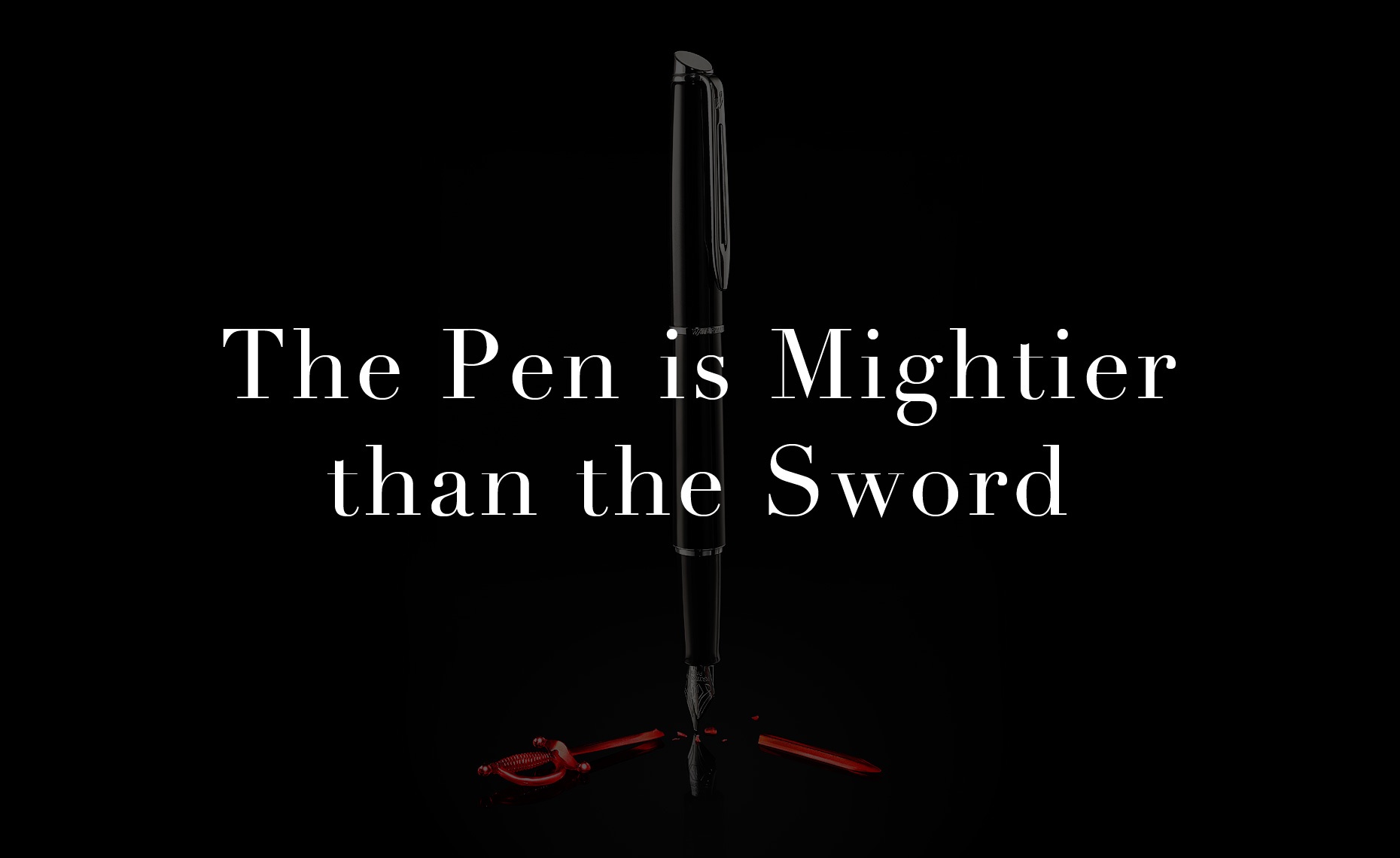BJMC – Bachelor of Journalism and Mass Communication Course Details, Fees, Subjects and Admission in Top BJMC Colleges in India.
by 427 views0

With the advent of the Internet in the 1990’s, the world shrank considerably and has now become a single, cohesive global unit. The world becomes your oyster when you step into the realm of journalism as you can expect to go places as a journalist. If you firmly believe in the aphorism, “the pen is mightier than the sword” then you can test the viability and relevancy of the maxim by practicing as a journalist. The above dictum has been universally accepted as the cornerstone of journalism. BJMC full form is Bachelor of Journalism and Mass Communication Course.
Nowadays, almost everybody wants to keep themselves updated about what is happening in their immediate environment as well as in rest of the country and the world. As a journalist, reporter or correspondent, your prime responsibility would be to convey the political, social, and economic events and happenings trending in the area you are covering. You’d have to present the information in a truthful manner without distorting the facts.
You’d have to complete a 3-year undergraduate program in ‘journalism & mass communication’ in order to fulfill your ambition of becoming a journalist. And to qualify for the BJMC course, you should have completed your 10+2 education and received the certificate from an approved academic board like CBSE, ISCE, or any state-level education board.
Contents
Best Schools
- Film and Television Institute of India, Pune
- Indian Institute of Journalism & News Media, Bangalore
- Xavier Institute of Mass Communication, Mumbai
- Mudra Institute of Communication, Ahmedabad
- IIMC (Indian Institute of Mass Communication), New Delhi
- Madhubala Institute of Communication & Electronic Media
Qualifications
For securing admission in any approved BJMC course of any recognized academic institute or college, you’ll have to clear your higher secondary or 10+2 examination in arts, science or commerce stream.
Our Advice
The field of journalism and news reporting as a segment of the print, electronic, and digital media is witnessing a boom phase in India and continually transforming. Journalists, correspondents, reporters, columnists, commentators, and news photographers now have access to the state-of-the-art technology thereby enabling them to perform their respective tasks with greater efficiency.
Nevertheless, you’ve to keep one key aspect in mind. And that is no matter how advanced the news collecting and reporting techniques become the procedures can never substitute some basic skills like language proficiency and communication skills. For making it as a journalist, you’ll need to develop and sharpen the ability to think on your feet and keep your cool in hostile conditions or unfavorable situations. At the same time you should be proficient in at least 2-3 languages, be aware of current affairs, and develop an incisive bent of mind.
Most importantly, you should be not only become adept in perfectly covering an event or incident as it happens (which is the essence of journalism) but also fine-tune the knack of reportage to the public (the keystone of mass communication).
BJMC Course Scope
The world of media and journalism has witnessed rapid transformation in the past 20 to 30 years. The dominance of the internet coupled with the gradual rise in significance of the automated social media has vastly broadened the periphery of the media. For the budding journalists, it implies that he or she now has more opportunities to explore compared to his or her counterparts in the past.
After receiving your BJMC degree certificate, you’d be eligible to apply for jobs in the print media and electronic media. Print media covers reporting mediums that use printed texts like newspapers, journals, magazines, and fortnightlies etc. Electronic media encompasses TV, radio and the web-based mediums like websites, automated social media platforms including Facebook and Twitter. You can begin your career as correspondent, reporter, associate editor, photojournalist, columnist, proof reader, researcher, sound technician, floor manager, presenter, and so on.
Initially, you’d be earning about 7000-10,000 per month which will gradually increase as you gain experience. More often than not, the amount of your paycheck will depend on the standing of the organization in the media industry. When you reach the prime of your career, you can look forward to earning Rs. 50,000-90,000 every month.
BJMC Subjects are Knowledge-Based Curriculum
The BJMC course curriculum covers a wide variety of subjects including print journalism, photo journalism, web journalism, event management, mass communication fundamentals, and so on. The focus of the program would be on equipping you with sound knowledge of the various facets and aspects of media as well as mass communication in a manner that you’re able to draw on your wisdom while working as a media professional. In other words, having awareness of the basic concepts of all the subjects in a way that you can take advantage of the same in your professional field will make your job-ready.
BJMC Course Details
The BJMC program offered by majority of institutes and colleges is of 3-year duration spread over several semesters. In these semesters, the student will be instructed in the classroom on subjects including but not limited to:-
- Print journalism
- Broadcast journalism
- Electronic/digital journalism
- Digital photography
- TV and radio production
- Writing
- Social media writing
- Public Relations
- Media advertising
- Event management
- Ethics and law in media
Apart from classroom lectures and seminars, you’ll also be coached on using the computer and internet. You’ll be instructed on how to work solo and as a team member. You’ll be doing an internship in a media company like in a newspaper bureau, TV channel or production house once you’ve successfully completed your subjects.
Choosing an Institute
- Affiliation and Recognition: The most important criterion of the institute’s program you’re applying to is that the same should be approved by UGC (University Grants Commission). A BJMC program that does not have the UGC’s stamp of approval does not have any validity in the job market.
- Infrastructure: UGC will not grant approval to an institute’s BJMC program if it does not have the requisite or necessary infrastructure for teaching the course.
- Faculty: The faculty members should possess the mandatory academic qualifications, must have gathered extensive experience as a media professional as well as a mentor in the institute they’re attached to.
- Placement: See to it that the college you’re interested to study in has a placement cell.
Are You Eligible?
Your admission to the BJMC program will be effective subject to:-
- Clearing the 10+2 exams/equivalent exam, regardless of the stream
- Achieving 50%-60% marks in the higher secondary exams (depends on the institute you’re seeking admission into)
- Attaining the age of 17 at the time of applying
BJMC Colleges in India
- Shiv Nadar University, Greater NOIDA, UP
- DIT University, Dehardun
- Symbiosis Institute of Media & Communication, Pune
- Christ University, Bangalore, Karnataka
- Lady Shri Ram College for Women, New Delhi
- IP University (Guru Gobind Singh Indraprastha University, New Delhi)
- Amity School of Communication, NOIDA, UP
- Manipal Institute of Communications, Manipal, Karnataka
- Madras Christian College, Chennai
- Kamala Nehru College for Women, Delhi
- Jaipur National University, Jaipur, Rajasthan
- SRM University, Sonepat,
- Royal Global University, Guwahati, Assam
BJMC Entrance Exams
The reputed institutes usually conduct an entrance exam which is followed by GD and personal interview for giving admission. However, there are many institutions that admit students directly based on their 10+2 results.
Some well-known BJMC entrance tests are:-
- Xavier Institute of Mass Communication Entrance Test
- IIMC Entrance Exam
- Symbiosis Institute of Journalism and Mass Communication Entrance Exam
- Jamia Milia Common Entrance Test
BJMC Syllabus
1st year
| Sl. No. | Subject/Paper |
| 1 | Fundamentals of Communication Skills |
| 2 | Editing (Theory) |
| 3 | Editing (Practical) |
| 4 | Fundamentals of Journalism |
| 5 | Fundamentals of Computers |
| 6 | Writing for Media (Theory) |
| 7 | Writing for Media (Practical) |
| 8 | History of Media |
| 9 | English Literature |
2nd Year
| Sl. No | Subject/Paper |
| 1 | Public Relations (Theory) |
| 2 | Public Relations (Practical) |
| 3 | TV Broadcasting (Theory & Practical) |
| 4 | Photojournalism (Theory & Practical) |
| 5 | Radio Broadcasting (Theory) |
| 6 | Advertising (Theory and Practical) |
3rd Year
| SL. No. | Paper/ Subject |
| 1 | Basic Media Research |
| 2 | Media Law and Ethics |
| 3 | Environment & Media |
| 4 | Internet & New Media Theory |
| 5 | Internet & New Media (Practical) |
| 6 | Advanced Media Research |
| 7 | Magazine Journalism (Theory & Practical) |
| 8 | Information Society |
| 9 | Project Work |
BJMC Jobs Opportunity
You’ll be in a position to apply for the following job positions in the print journalism sector:
- Feature writer
- Journalist
- Associate Editor
- Sub-editor
- Proof Reader
- Columnist Writer
- Lead Writer
- Critic
- Cartoonist
- Photojournalist
Jobs in the electronic media that you can aspire for:-
- TV program presenter
- Camera worker
- Sound technician
- TV reporter
- Transmission executive
- Floor Manager
- Production Worker
- Researcher
Your potential employers would be:-
- Newspaper group
- TV channel company
- Media House
- Information & Broadcasting Ministry (Govt. of India)
- Radio Station Proprietor
Should I Specialize?
You could continue with your education after earning your BJMC degree. Specialization is not available at the undergraduate level but you can choose to do a different BJMC course that focuses on a particular aspect of journalism and/or mass media. Thus you can opt for a B.A. in script writing, B.A. in mass media, B.A. in journalism, B.A. in convergent journalism, and so on.
All these undergraduate programs are 3-year courses. You could seek to specialize in a specific area if and when you apply for a ‘M.A. in Journalism and Mass Communication’ program.
Making a Difference
Working as a journalist or photojournalist or TV reporter, you could make a positive impact on society and improve the quality of life of the man on the street by highlighting the crimes, corruption, and social evils. Alternatively, you could also inspire all individuals, irrespective of age, religion, caste, creed or sex about the personalities who are doing their best to make this world a better living place.




